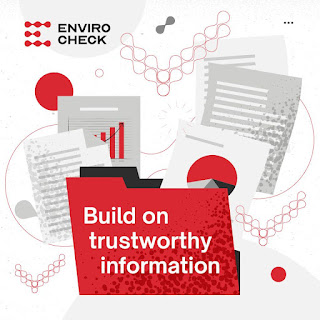Everything you should know about environmental testing labs
Environmental testing labs in the United States of America combine experienced researchers and advanced technology to deliver analytical data on ecological, biological, and physical sciences as well as a wide range of diverse engineering fields.
The
services performed at an environmental lab include analysis of soil, water,
waste characterization, air, explosives, energetics, contaminants, and more.
This type of testing requires professional experts who can help in developing
environmental sampling, analytical protocols, and analysis.
Improving
the productivity of environmental labs
Laboratory
employees are charged with doing analytical research with environmental
evaluation, assessment and engineering capabilities. Laboratories are expected
to comfort with the national guidelines and provide high-quality research on
different subjects such as surface water, drinking water, air, wastewater,
sediment, and hazardous waste.
Environmental
labs sometimes research the technical areas of metals chemistry, general
chemistry, radiation chemistry, organic chemistry and water microbiology.
Top
environmental testing labs
in America include a staff of laboratory technicians that are trained in
testing for various contaminants that affect our environment, wildlife, and
human health. They can also work under different titles such as environmental
specialist, environmental technician, environmental health specialist, and lab
specialist.
These
technicians have been trained to work with samples of water, soils, gases, and
other types of materials to isolate the levels of pollutants or other
contamination sources. They are directed by environmental engineers or
scientists who analyze their work properly and use results to develop new
environmental cleanup procedures or to recommend new and effective policies.
Environment
testing lab equipment
If you
work at environmental testing labs, you will require a wide range
of lab equipment that will help you with your research needs. You will need
high-quality microbiological CO2 incubators to provide ideal growth
environments and polypropylene fume hoods, biological safety cabinets,
polypropylene casework, laminar airflow workstations, custom biological
enclosers, lab centrifuges, and more.




Comments
Post a Comment